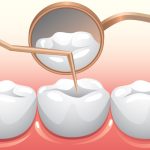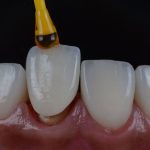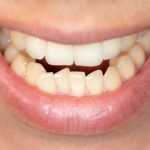Why Teeth Buzz: Exploring the Causes and Solutions for Vibrating Teeth Sensation
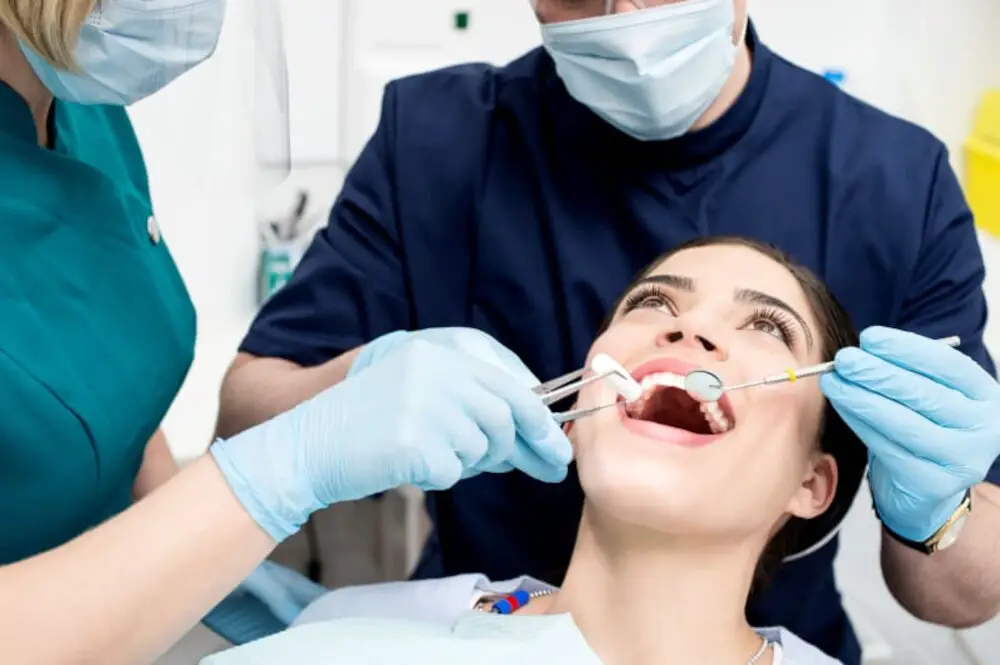
Teeth buzzing is an uncomfortable and often alarming sensation that can occur for a variety of reasons. It can range from a slight vibration to a more intense shaking sensation that can be felt throughout the mouth. Although it is not a common dental issue, it can be a frustrating problem for those who experience it. Understanding the causes and potential solutions for teeth buzzing can help individuals find relief and prevent further damage to their teeth. There are several potential causes of teeth buzzing, including dental issues such as cavities, gum disease, and teeth grinding. Additionally, certain medical conditions, such as temporomandibular joint disorder (TMJ), can also contribute to the sensation. Understanding the underlying cause of teeth buzzing is crucial in identifying the appropriate treatment options. From simple lifestyle changes to more complex dental procedures, there are a variety of solutions available to help individuals alleviate this uncomfortable sensation and protect their dental health.
The vibrating teeth sensation is a perplexing phenomenon that can be described as an involuntary trembling or buzzing feeling in the teeth. It is often accompanied by a tingling or numbness in the gums and can be quite uncomfortable for those who experience it. The causes of this sensation are varied and can include dental work, sinus problems, and even stress. Additionally, some medications and medical conditions can trigger the vibrating teeth sensation. While the sensation itself is not dangerous, it can be indicative of an underlying issue that should be addressed by a dental or medical professional. Treatment options for the vibrating teeth sensation range from addressing the underlying cause to using relaxation techniques and medication to manage the symptoms.
Understanding the causes and solutions of any problem is crucial for finding effective remedies and preventing future occurrences. When it comes to the vibrating teeth sensation, knowing the underlying factors that trigger this condition can help identify the appropriate treatment options. For instance, if teeth buzzing is caused by an underlying medical condition like sleep apnea, treating the condition can alleviate the symptoms. Similarly, if the cause is related to dental issues like teeth grinding, wearing a mouthguard can reduce the vibrations. Moreover, understanding the solutions and preventive measures can help individuals maintain good oral hygiene and avoid any future dental or medical complications. Therefore, comprehending the causes and solutions of vibrating teeth sensation is essential for ensuring proper diagnosis, managing symptoms, and improving overall dental health.
Causes of Vibrating Teeth Sensation
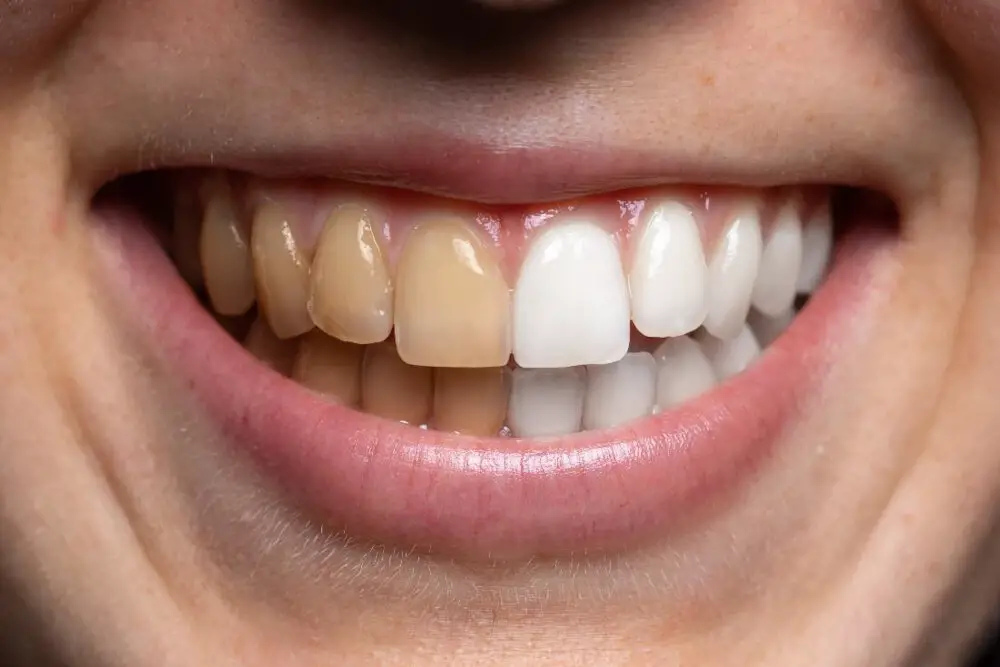
Vibrating teeth sensation, also known as tooth buzzing, is a relatively common dental complaint that can be caused by various factors. One of the most common causes of vibrating teeth is bruxism, or teeth grinding. Bruxism can occur during the day or at night and can cause the teeth to vibrate due to the excessive force that is being placed on them. Over time, bruxism can lead to tooth sensitivity, enamel erosion, and even tooth fractures. Other possible causes of vibrating teeth include dental infections, nerve damage, and certain medications. In some cases, vibrating teeth may be a symptom of a more serious medical condition, such as multiple sclerosis or Parkinson’s disease. Another common cause of vibrating teeth is temporomandibular joint (TMJ) disorder. TMJ disorder is a condition that affects the joints and muscles that control the movement of the jaw. When these joints and muscles are not functioning properly, they can cause a variety of symptoms, including jaw pain, headaches, and vibrating teeth. In some cases, TMJ disorder may be caused by trauma to the jaw or a misaligned bite. Treatment for vibrating teeth caused by TMJ disorder may include pain management techniques, such as heat or cold therapy, as well as dental appliances, such as a night guard, to help relieve pressure on the jaw. In more severe cases, surgery may be necessary to correct the underlying problem.
Tooth-related causes such as grinding and misalignment can result in a vibrating sensation in the teeth. Grinding, also known as bruxism, refers to the habit of clenching or grinding one’s teeth, which can damage the enamel, wearing it down and causing sensitivity. Misalignment, on the other hand, can cause the teeth to experience unnecessary pressure, which can lead to discomfort and sometimes pain. Both of these issues can lead to a buzzing sensation in the teeth, which can be unpleasant and distracting. It is important to address these dental issues as soon as possible to prevent further damage and alleviate any discomfort or pain.
In some cases, the sensation of vibrating teeth may not be related to dental issues or tooth problems. Non-tooth related causes of vibrating teeth may include medication side effects, anxiety, stress or even caffeine intake. Certain medications such as antidepressants, antihistamines, and blood pressure medications can cause a vibrating or buzzing sensation in the teeth. Anxiety and stress can also cause teeth grinding or clenching, which can lead to tooth vibration. Similarly, excessive caffeine intake can cause a jittery feeling that can manifest as a vibrating sensation in the teeth. If the vibrating sensation in the teeth persists, it’s important to consult a dentist or physician to determine the underlying cause and appropriate treatment.
Effects on Oral Health and Quality of Life

Vibrating teeth may not seem like a big deal, but it can have significant effects on oral health and quality of life. The constant buzzing sensation can lead to tooth sensitivity, which can make it difficult to eat or drink anything hot or cold. Over time, the constant vibration can also cause damage to the teeth, leading to cracks or chips. This can result in the need for costly dental procedures, such as fillings or even root canals. Additionally, the sensation can be distracting and uncomfortable, making it difficult to focus on daily tasks or enjoy social activities. The effects of vibrating teeth extend beyond oral health and can impact a person’s overall quality of life. The discomfort and distraction caused by the sensation can lead to increased stress and anxiety, which can have negative effects on mental health. The buzzing sensation can also make it difficult to sleep, leading to fatigue and decreased productivity during the day. Furthermore, the social stigma surrounding dental issues can cause embarrassment and self-consciousness, leading to a decrease in self-esteem and confidence. Overall, the effects of vibrating teeth can be far-reaching and should be addressed promptly to prevent further damage and improve overall quality of life.
The vibrating teeth sensation can have a significant impact on dental health, particularly when it is caused by tooth damage. Over time, the constant vibration can weaken the tooth structure, leading to cracks or fractures that can be painful and require costly dental repairs. Additionally, the sensation can make it difficult to maintain good oral hygiene, as brushing and flossing may aggravate the already sensitive teeth. It is crucial to seek treatment for vibrating teeth as soon as possible to prevent further damage and maintain overall dental health.
When teeth begin to buzz or vibrate, it can significantly impact daily activities such as eating and talking. The sensation can cause discomfort while chewing, leading to difficulty in consuming certain foods. Additionally, the constant vibration can make it challenging to articulate words properly, leading to communication difficulties. Often, those experiencing this sensation may feel self-conscious or embarrassed, leading to social anxiety or isolation. This can negatively impact overall quality of life, highlighting the importance of finding solutions for this condition.
Solutions and Treatments

There are various solutions and treatments available for vibrating teeth sensation. The treatment options vary depending on the underlying cause of the condition. If the condition is caused by stress or anxiety, relaxation techniques such as meditation, deep breathing exercises, and yoga can be effective in reducing the symptoms. Additionally, seeking therapy or counseling can help in managing stress and anxiety. Over-the-counter pain medications such as ibuprofen or acetaminophen can also relieve discomfort caused by vibrating teeth sensation. In cases where the condition is caused by teeth grinding or clenching, a mouthguard can be worn to protect the teeth and prevent further damage. The mouthguard is designed to fit over the teeth and can be custom-made or purchased over-the-counter. In some cases, dental work such as reshaping the teeth or adjusting the bite can also be useful in treating the condition. It is important to consult with a dentist or medical professional to determine the best treatment plan for specific cases of vibrating teeth sensation.
Home remedies are an effective way to alleviate the discomfort caused by vibrating teeth, and they can be easily implemented without requiring a visit to the dentist. Relaxation techniques, such as deep breathing and yoga, can help relieve stress and tension in the jaw muscles, reducing the likelihood of teeth buzzing. Additionally, using a mouthguard can help prevent teeth grinding and clenching, which are common causes of vibrating teeth. Other home remedies include applying a warm compress to the jaw, avoiding caffeine and alcohol, and practicing good oral hygiene. While these remedies may not completely eliminate the vibrating sensation, they can provide relief and prevent further damage to the teeth and jaw.
Professional treatments such as dental procedures and medication can be effective solutions for addressing the vibrating teeth sensation. Dental procedures like root canal treatment or filling a cavity can alleviate the discomfort caused by tooth decay or damage. Additionally, medication, such as anti-anxiety drugs or muscle relaxants, can reduce teeth grinding and alleviate the resulting vibrating sensation. It is important to consult with a dental professional or medical doctor to determine the best course of action for treating vibrating teeth, as each case may require a unique approach. With proper treatment, individuals can experience relief from the discomfort and inconvenience of vibrating teeth.
Prevention and Maintenance
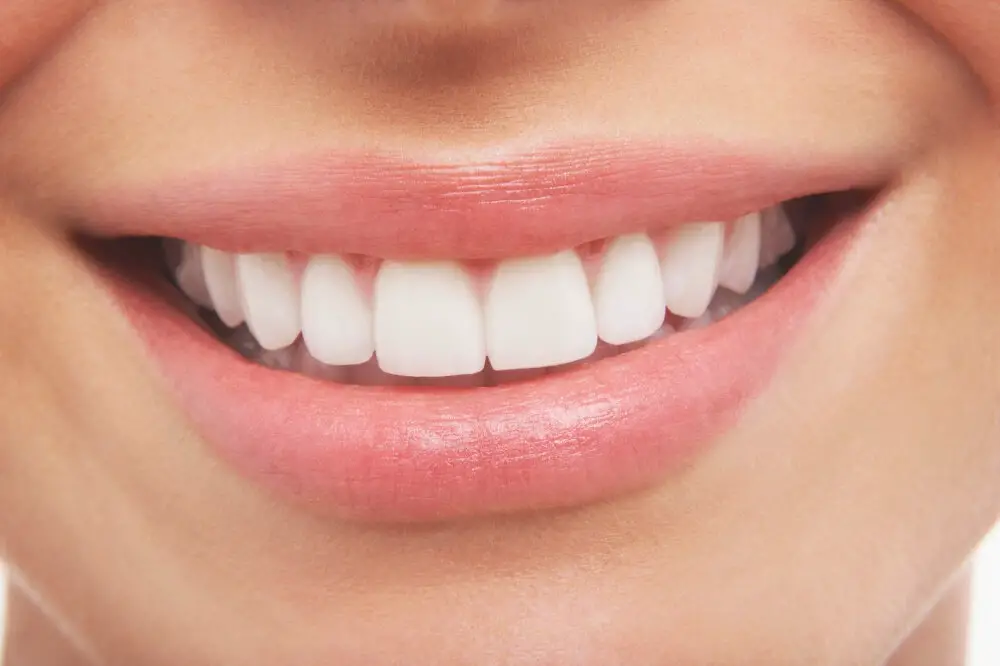
Prevention and maintenance are crucial in avoiding the sensation of vibrating teeth. One must maintain good oral hygiene practices such as brushing teeth twice a day, flossing, and using mouthwash. These practices help in reducing the buildup of bacteria and plaque, which can cause teeth to vibrate. Regular visits to the dentist are also important in preventing dental issues that could lead to tooth sensitivity and vibrating teeth. The dentist can perform routine checkups and cleanings to keep the teeth healthy and strong, minimizing the risk of tooth sensitivity and vibrations. Another way of preventing vibrating teeth is by avoiding habits that can cause dental problems. For example, grinding or clenching the teeth can lead to tooth sensitivity and vibrations. Using a mouthguard can help in reducing the pressure placed on the teeth, preventing damage caused by clenching or grinding. Additionally, avoiding sugary and acidic foods can reduce the risk of tooth decay, which can also cause tooth sensitivity and vibrations. By practicing good oral hygiene, visiting the dentist regularly, and avoiding habits that can cause dental problems, one can prevent the sensation of vibrating teeth and maintain good oral health.
To prevent the vibrating teeth sensation, there are several tips that can be followed. Firstly, it is important to maintain good oral hygiene by brushing teeth twice a day and flossing regularly. Secondly, avoiding foods or drinks that are acidic or high in sugar can help prevent tooth decay and sensitivity. Additionally, reducing stress levels through relaxation techniques such as yoga or meditation can also help prevent teeth grinding and clenching, which can lead to the vibrating teeth sensation. Wearing a mouthguard at night can also protect teeth from grinding and clenching. Lastly, regular dental check-ups can help identify and treat any dental problems that may be causing the sensation.
Maintaining optimal oral health requires a combination of good hygiene practices and regular dental check-ups. Brushing twice a day with fluoride toothpaste and flossing daily helps to remove plaque and prevent tooth decay and gum disease. Additionally, using an antiseptic mouthwash can help kill bacteria and freshen breath. A healthy diet rich in fruits, vegetables, and calcium can also support strong teeth and gums. Regular dental visits every six months help to identify and address any oral health issues before they become more serious. Overall, by adopting these maintenance practices, individuals can improve their overall oral health and reduce the likelihood of experiencing unpleasant sensations such as vibrating teeth.
Teeth buzzing or vibrating teeth sensation is a relatively uncommon but distressing condition that affects many people. The causes of teeth buzzing can vary from stress and anxiety to underlying dental issues or even neurological disorders. The effects of this condition can be quite severe, including discomfort, pain, and even difficulty speaking and eating. Fortunately, there are several solutions and prevention methods available for those who suffer from teeth buzzing. These include stress-reducing techniques, dental treatments, and medications. Additionally, maintaining good oral hygiene and regular dental check-ups can help prevent teeth buzzing from occurring in the first place. By understanding the causes, effects, and prevention methods of teeth buzzing, individuals can take steps to manage this condition and improve their overall dental health.
It is critical to seek professional dental care if you experience persistent vibrating teeth sensation. The reasons for this sensation can range from mild to severe, and only a professional dentist can provide an accurate diagnosis and treatment plan. Persistent vibrating teeth can be caused by a variety of factors such as teeth grinding, nerve damage, or even a dental abscess. Neglecting to seek professional dental care can lead to further damage to your teeth and gums, as well as potential infections that can spread to other parts of your body. Therefore, it is essential to schedule an appointment with your dentist as soon as possible to address the underlying cause of this discomfort and prevent any potential complications.
Conclusion

In conclusion, teeth buzzing or vibrating sensation can be a frustrating and uncomfortable experience for many individuals. However, it is a common condition that can be caused by a variety of factors, including stress, medication, and dental issues. Understanding the underlying causes is crucial in finding the appropriate solutions, which may include stress management techniques, adjusting medication regimes, or seeking dental treatment. It is important to consult with a healthcare professional to determine the cause and develop a personalized treatment plan. With the right approach, individuals can alleviate this sensation and achieve a healthier and more comfortable oral experience.

